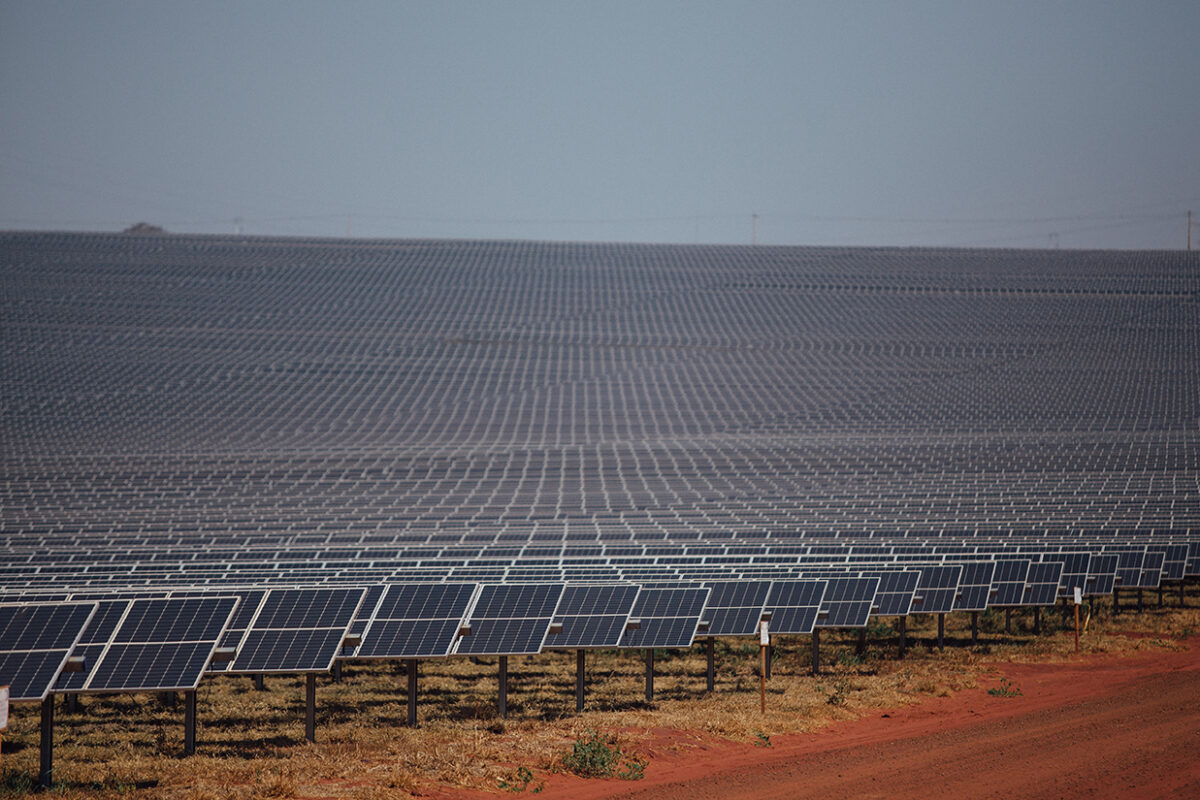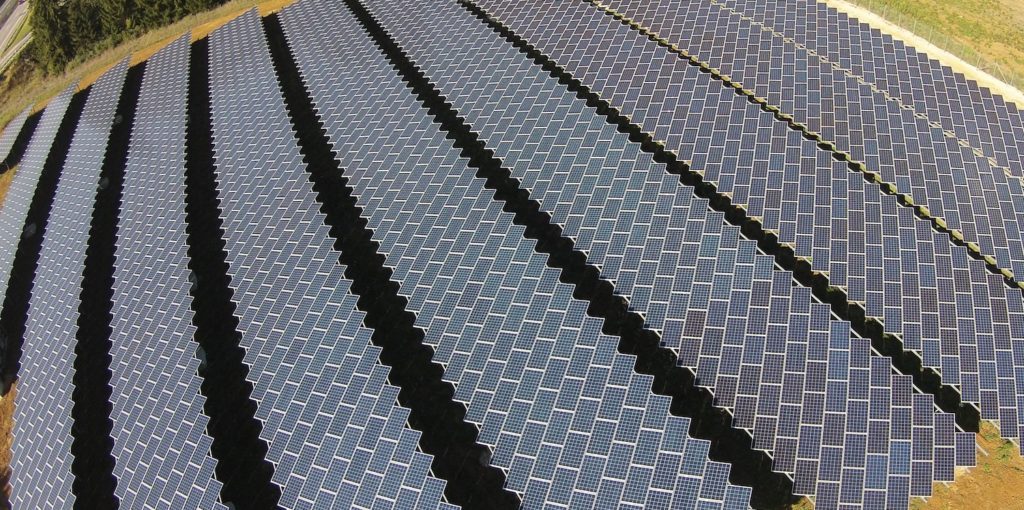The Global Solar Council is celebrating the historic achievement of reaching 2 TW of global installed PV capacity.
With annual installation figures of around 500 GW and a global manufacturing capacity of 1.1 TW, the solar PV industry has demonstrated that it can deliver the technology needed to meet the goal of tripling global renewable energy capacity by 2030 and keep the world on track for 1.5 C.
But financing remains a barrier, and it needs to be unlocked, especially in emerging and developing markets, as “the future of solar energy depends on equitable global access to finance,” according to the council.
At COP29, the United Nations Climate Change Conference taking place these days in Baku, Azerbaijan, the Global Solar Council will launch the International Solar Finance Group. It said it will be “the first global dialogue between the solar PV industry and the financial sector to bridge the financial gap between ambition and the necessary deployment.”
The inaugural session of the International Solar Finance Group, scheduled for 15 November in Baku, will set an ambitious agenda to develop innovative financial solutions and frameworks to make solar energy investments more accessible and attractive, especially in emerging markets, by engaging both private sector investors and development banks.
The aim is to reduce the cost of capital for solar energy in developing economies from 15% to 5% to remove the barrier to financing and boost deployment.
In total, to achieve the 1.5 C goal by 2050, $150 trillion is needed according to the International Renewable Energy Agency (IRENA), which is an annual average of more than $5 trillion. Although global investment in all energy transition technologies reached a record $1.3 trillion in 2022, annual investment must more than quadruple.
This content is protected by copyright and may not be reused. If you want to cooperate with us and would like to reuse some of our content, please contact: editors@pv-magazine.com.




By submitting this form you agree to pv magazine using your data for the purposes of publishing your comment.
Your personal data will only be disclosed or otherwise transmitted to third parties for the purposes of spam filtering or if this is necessary for technical maintenance of the website. Any other transfer to third parties will not take place unless this is justified on the basis of applicable data protection regulations or if pv magazine is legally obliged to do so.
You may revoke this consent at any time with effect for the future, in which case your personal data will be deleted immediately. Otherwise, your data will be deleted if pv magazine has processed your request or the purpose of data storage is fulfilled.
Further information on data privacy can be found in our Data Protection Policy.